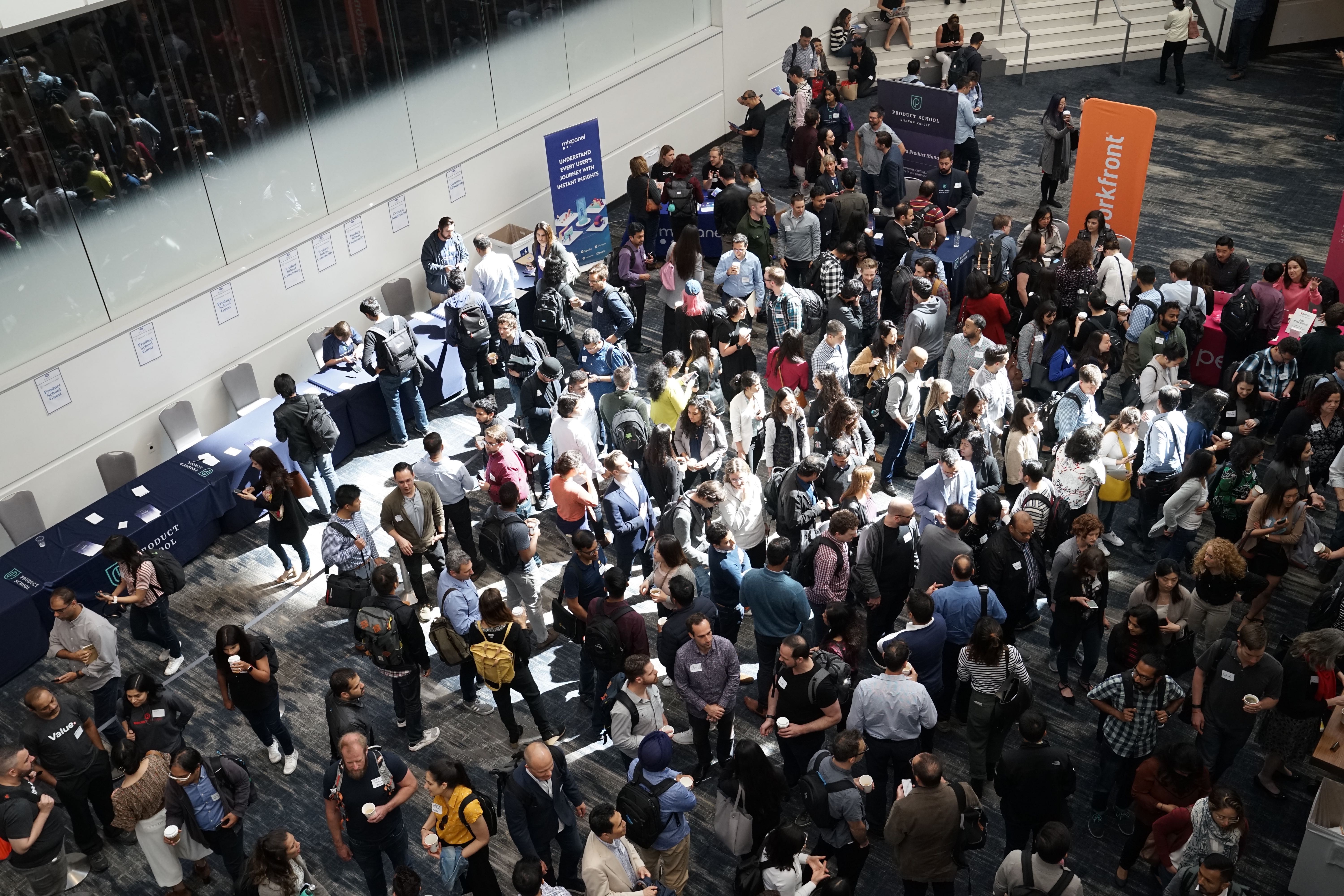The “Ask The Headhunter” blog is essential reading for jobseekers on topics ranging from networking to quitting. But in this post (https://www.asktheheadhunter.com/13730/resumectomy), written in response to a reader’s question, I think the writer overstated the case for utilizing networking over against the use of resumes. Here’s why I disagree.
—————-
The original questioner asked: “Does it occur to anyone that there is something wrong when a very good (flawless) resume or LinkedIn profile returns nothing, no interviews, no jobs — not even a thank you for applying? Why do we use them?”
Before going further, I’d ask two questions of the questioner, which may solve their problem. The first is this: does your resume follow the principles Joseph Fabian outlined earlier in the discussion, i.e., “I take my resume and fold it in half so I can look at the top half. I look at the summary, and the bullet points. Does it describe me and high light relatable accomplishments? Will it intrigue the person to keep reading? If so, then I am 1/2 way there.
“Then I flatten out my resume and fold it lengthwise so I can only see the left side. I look for numbers like 70% reduction in warranty expenses . . . or 150% increase in production thruput . . . or something like that.”
If the questioner’s resume does not follow Mr. Fabian’s principles, revising their resume may solve the problem. A related question is this: did the questioner customize their resume to the job ad by presenting accomplishments that aligned with the needs of the hiring company? Failure to do so is another misstep that can quickly rule a candidate out of contention. Incidentally, the challenge of ongoing customization is why job seekers should use LinkedIn to support their resumes instead of using it to replace them.
I’ve been a professional resume writer for over a decade. For most of that time, I’ve advised my clients to study and follow Nick’s advice on networking, working with recruiters, and on almost every topic he’s addressed. Despite Nick’s consistent minimizing of the importance of a good resume, however, my experience continually reinforces my belief that an achievement-focused, artfully designed resume is still a career essential that job seekers neglect at their peril.
While effective networking is something that every jobseeker should learn and practice, the reality is that there are many situations in which effective networking is not possible, and submitting a resume is the only game in town. The one I see most often is the candidate who never has networked and is now looking for work. Yes, she should have started networking years ago, but her immediate problem is this, how can she find and reach the hiring manager at the company she wants to apply for before tomorrow’s application deadline? All too often, submitting a resume “cold” is the only possibility for obtaining an interview that has any chance of success.
And when the resume is persuasive, the chances of success are higher than some think. Despite the high number of resumes flooding HR departments, those resumes still get scanned and scored by ATS systems, and persuasive resumes are still opening interview doors to properly-prepared applicants. Case in point: a recent client’s interviewers told her that she had been selected as the first interviewee out of more than a thousand applicants because her resume had persuasively shown how she would meet the organization’s needs.
Even if we are adroit networkers, coupling our networking with a persuasive resume creates better results than networking will do on its own. When a hiring manager’s colleague or subordinate gives a stellar referral for a candidate, that’s not always the end of the story. The hiring manager will be more confident that their acquaintance was exercising their usual good judgment if they have some additional supporting evidence to back up the referral. That evidence is the resume. Submitting a sub-par resume in this situation speaks against the applicant by creating a measure of cognitive dissonance in the manager’s mind (“If this person is so great, why is their resume so bad?”), and it also reflects poorly on the person who gave the referral.
A persuasive resume will always provide additional reasons to interview the candidate in addition to those given by the referrer. Also, it will give interviewers a handy road map that helps them prepare for the upcoming interview, and it can be a critical piece of evidence that the hiring manager can use to justify the hiring decision if their boss asks them to explain it.
Finally, the exercise of preparing a resume with a competent professional resume writer can provide critical additional information for referrals and resumes. It didn’t matter whether they were entry-level graduates or C-level executives: as I have helped my clients review their careers, we have inevitably discovered significant accomplishments or key wins they had forgotten or previously dismissed as irrelevant. For example, I once asked a question that uncovered a forgotten billion-dollar success my senior executive client had delivered for his employer. Adding that win to his resume led to an immediate interview for the CTO position in one of Canada’s top five technology companies.
So yes, you should become an adept job-search networker as soon as you can. But you should also couple your networking with a powerfully persuasive, clearly-formatted resume. You’ll be glad you did.
To your success!
Tim
Your Vancouver Resume Writer
Fast & Focused Resume Service – Resume Writing Service in Vancouver

